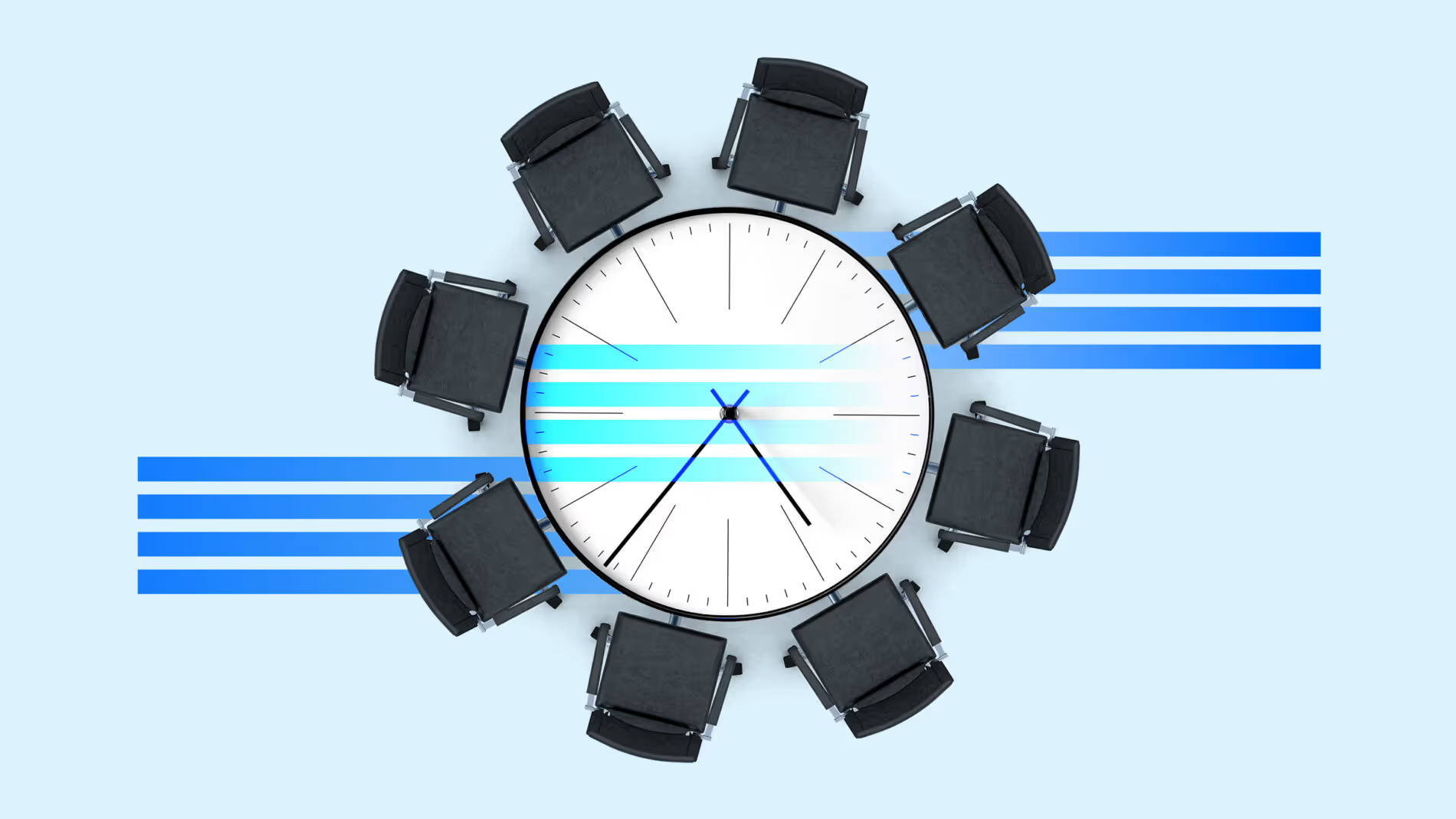The Year of COVID: Miserable but Meaningful

This article was originally published in Forbes.
This week, we mark the anniversary of when “pandemic” and “lockdown” sprang into our collective vocabulary and quickly became our shared global realities. Even 12 hard months later, many of us can recall the hopeful naivete with which we faced the early crisis – somewhere in between a short-term nuisance to be endured and an interesting novelty to be enjoyed at home while binging Netflix and baking bread. Then, our naivete turned to grim understanding as COVID-19 took its toll.
The anniversary also coincides with a slight glimmer of light at the end of the tunnel, a sense of moving towards normal life again as the vaccine rollout gains momentum. So, as we cross the one-year mark and take small but definitive steps away from our life in quarantine, how will we remember this past year?
Not as you’d expect.
Among its many devastating impacts, the pandemic unleashed an onslaught of uncertainty, a level of precarity totally unfamiliar to most of us – from jobs and family life, to health and relationships. And this uncertainty drove stress and anxiety to historic proportions. Seventy-eight percent of people say the pandemic has been a significant source of stress in their life; 67% say they have experienced increased stress over the course of 2020; 19% of adults (topped by 34% of Gen Z adults) say their mental health is worse than this time last year; and 73% of adults reported one or more symptoms of depression, including excessive fatigue, restlessness, difficult concentrating, and loneliness (American Psychological Association). According to the APA, “We are facing a national mental health crisis that could yield serious health and social consequences for years to come.”
It seems a safe assumption then that this past year could rank as the most difficult and challenging one for many of us. This would be the year to leave behind as quickly as possible. Well, maybe or maybe not.
Recently, we held a global webinar with hundreds of people to discuss the past year, and something caught us off guard. We surveyed the group with the following question: “Imagine you could do it all over again. How likely is it that you would relive the year 2020?” Participants gave answers on a scale of 1 (I would not relive it at all) through 10 (I would absolutely relive it). Though we forecasted scores on the low end of the scale, that’s not what emerged:
· 47% said they would not relive 2020 (scores 1-4)
· 6% were neutral about reliving 2020 (score of 5)
· 47% of people said they would relive 2020 (scores 6-10)
If the past 12 months made people more stressed and anxious than ever before, why would half of us want to do it all over again? Hiding in this apparent contradiction lies a lesson in human psychology and, in particular, the role of meaning in our lives.
This past year was brutally difficult, unhappy and even devastating for many. But, for those willing to relive it, perhaps the year provided something unexpected and valuable, something meaningful.
Behavioral scientists, psychologists and philosophers have done years of study on the distinctions between happiness and meaning. In short, they find that a happy life and a meaningful life are different psychological experiences.
Happiness comes with pleasant experiences and things that feel easy. Conversely, meaningfulness comes from things that feel difficult or complex. Studies have shown that meaning is more often tied to negative emotional states (like worry, stress, anxiety) than it is to positive emotional states.
Happiness is usually an in-the-moment emotion, existing in the present tense. Meaning, on the other hand, is uncovered in the process of examining and making connections across past, present and future events and experiences. Every time that we sadly yearned for something from our pre-lockdown lives and gleefully anticipated its return in the future, we built layers of meaning.
Happiness is associated with personal satisfaction, while meaning is derived from social connection and recognizing the interdependence of our life with others. The lockdowns and stay-at-home orders made us treasure and value our relationships even more. We have felt loneliness and isolation, but we were motivated to make connections and to value community.
As Victor Frankl asserts in his book, Man’s Search for Meaning, meaning, not happiness, is the primary drive of human behavior. In service of that drive is a remarkable ability to tell stories, to wrap the experiences of our lives with a narrative that creates structure and imbues it with meaning.
Perhaps it will take many more anniversaries for us to properly process the personal and collective suffering brought on by COVID. But, in the meantime, we can begin the work of constructing the narrative, of weaving the uncertainties, the losses, the isolation into a story of meaning. One that we’ll never forget.



















.png)





